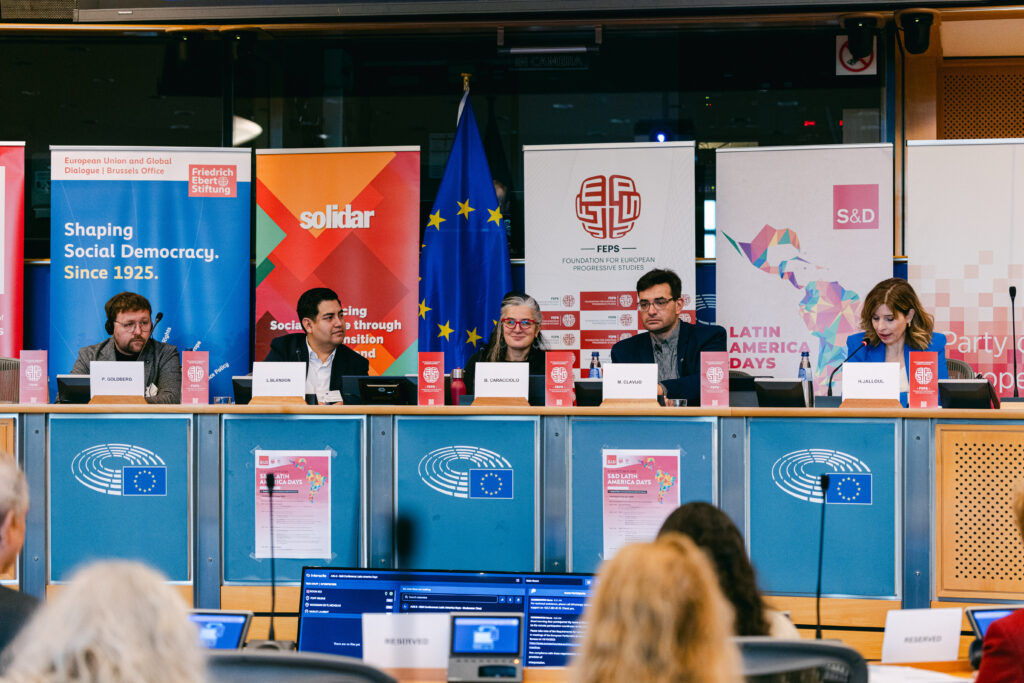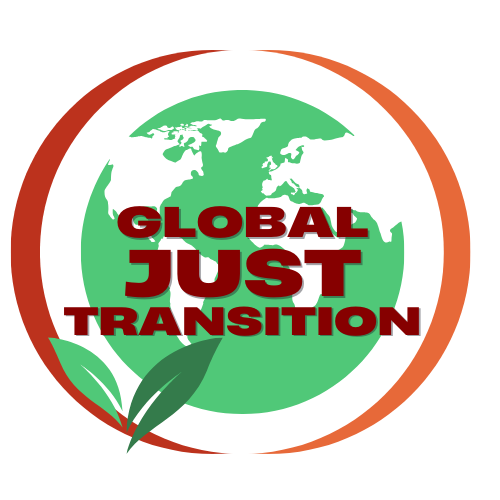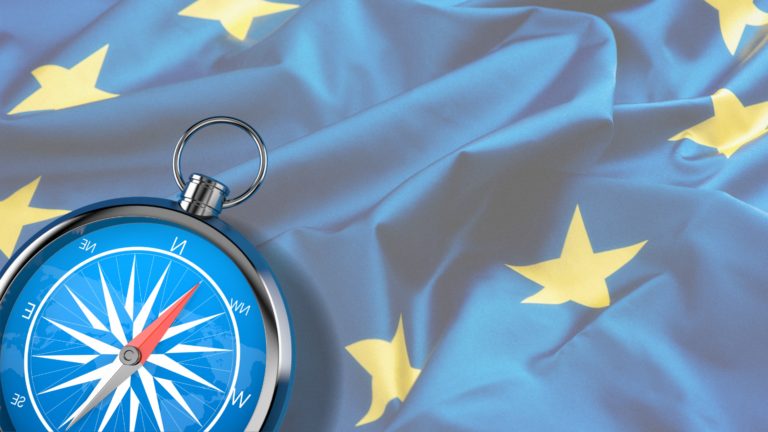Stronger Together: How CAN EU–LAC Cooperation Shape a Fairer World?
The climate crisis, the current shift in geopolitical dynamics, and the renewed European Union’s focus on clean industrialisation and economic security present a critical opportunity to redesign the relationship between Latin America and the Caribbean (hereinafter LAC) and the EU and to advance a shared model of partnership that creates added value on both sides.
Yet, while the European Union is advancing an agenda focused on competitiveness, strategic independence, aimed at securing access to strategic resources for the green transition and commercial opportunities for European companies, concerns are growing in LAC about the real impact of these proposals, especially regarding the fair distribution of benefits and the persistent asymmetries between the two regions. Added to this are recent legislative changes in the sustainability files of the European Green Deal (e. G. through the Omnibus Package), which create uncertainty about the regulatory frameworks already adopted and cast doubt on how environmental and social criteria will be implemented in bi-regional trade and investment agreements. AT the same time, both in LAC and in Europe, there is a growing closure of participation spaces for civil society, a deterioration of democracy in several countries, and a rise in inequality.
In this context, it becomes urgent to reflect on a bi-regional strategic partnership based on social, environmental, and economic justice.
For this reason, in view of the 4th CELAC–EU Summit, on the week of 13th October, SOLIDAR co-organised two events to present civil society organisations’ views for a more equitable, sustainable, and human rights-centered bi-regional alliance and to discuss with different stakeholders on how the EU-LAC trade and development relationships shall be shaped in the future:
- 1) An event with the EU–LAC CSO Working Group, hosted by the S&D and Greens/EFA groups in the European Parliament, where the group presented its priorities for a more equitable, sustainable, and human-rights-based partnership.
- 2) A fringe event in the framework of the S&D Latin America Days, where SOLIDAR facilitated a FEPS-led workshop on EU–LAC Trade Relations. The progressive agenda is clear: The EU must elevate its relationship with Latin America and the Caribbean to a true strategic partnership, one that strengthens democracy, defends multilateralism, upholds human rights and humanitarian law, and advances development rooted in high social and environmental standards.

Alongside these events, SOLIDAR published a new briefing paper outlining how EU trade policies can promote a progressive, people-centred, and sustainable partnership with LAC: Leveraging EU trade for a just transition: Rethinking EU-LAC relations
At SOLIDAR, we believe that, together, Europe and Latin America:
- Are uniquely positioned to defend the need for stronger international cooperation and trade relations based on mutual benefit, fairness, shared ownership, sustainable development, and social and environmental protection.
- Hold the potential to lead a new model of cooperation: one that creates shared value, protects nature, empowers civil society, and ensures fair distribution of benefits. If designed in this way, the EU–LAC alliance can become a powerful engine to strengthen multilateral institutions and defend a rules-based international order, which is the foundation for lasting peace.




